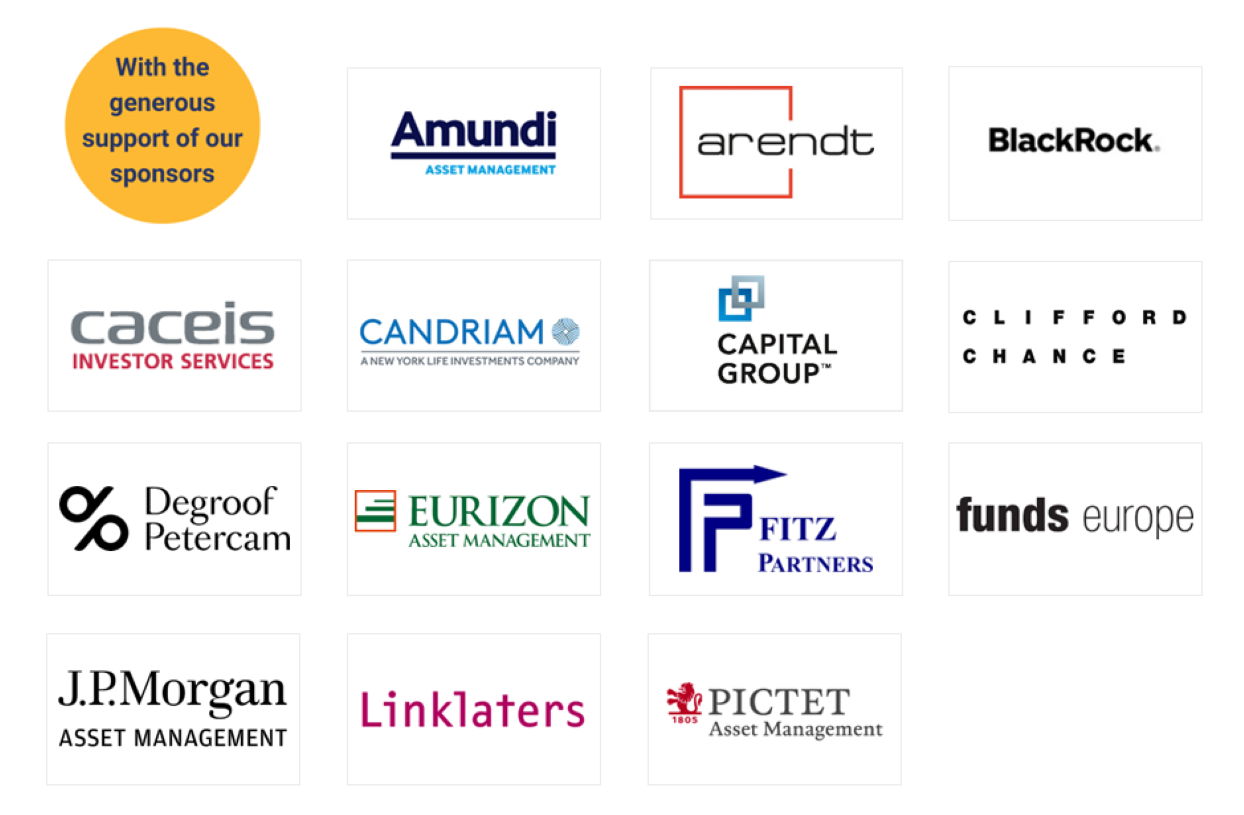EFAMA has today published its latest monthly Investment Fund Industry Fact Sheet, which provides net sales data on UCITS and AIFs for September 2023, at European level and by country of fund domiciliation.
EFAMA has today published its latest monthly Investment Fund Industry Fact Sheet, which provides net sales data on UCITS and AIFs for September 2023, at European level and by country of fund domiciliation.
Despite the growing interest and importance of sustainable investing, most EU citizens often find it difficult to navigate this relatively new investment landscape. To empower them in making investment decisions which support their personal values, EFAMA today launched its new brochure “Sustainable investing explained in 9 questions”.
EFAMA launches its new brochure "Sustainable investing explained in 9 questions".
Despite the growing interest and importance of sustainable investing, most EU citizens often find it difficult to navigate this relatively new investment landscape.
In the brochure we explore :
EFAMA is pleased to release a leaflet entitled “Retail Investment Strategy: positive elements for European investors and ones that should be reconsidered.” This document outlines the needs of EU investors, how the European Commission’s proposal is expected to help them, and what still needs to be adjusted.
The European Commission’s proposal for a Retail Investment Strategy is currently being debated within the European Parliament and Council. As a contribution to this discussion, EFAMA have produced a short leaflet which summarises the needs of EU retail investors, what the proposal gets right, and alternative proposals to consider, with a special focus on disclosures and advice.
EFAMA has released today a new issue of its Market Insights series titled “UCITS ETFs: A growing market in volatile times”.
As the US moves to a T+1 settlement cycle from May 2024, the settlement mismatch between the US and EU will raise operational challenges as well as, we suspect, market structure changes. But another direct consequence of the mismatch will be in the enforcement of current EU regulation. In this paper, we identify those scenarios where EU rules will be tested, suggest the scope of that impact and ask policymakers to explore how the regulatory impacts of US T+1 can be mitigated.
As the EU Member States conclude technical discussions around the AIFMD & UCITS review, EFAMA would like to congratulate the European Commission and the co-legislators for keeping the key elements of both Directives intact during their review. These frameworks lie at the core of a well-functioning and resilient funds market and this agreement is a welcome step forward for the funds industry, investors and the Capital Markets Union project.
As the US moves to a T+1 settlement cycle from May 2024, the settlement mismatch between the US and EU will raise operational challenges as well as, we suspect, market structure changes. But another direct consequence of the mismatch will be in the enforcement of current EU regulation. In this paper, we identify those scenarios where EU rules will be tested, suggest the scope of that impact and ask policymakers to explore how the regulatory impacts of US T+1 can be mitigated.
EFAMA appreciates the European Commission's efforts to bolster the Capital Markets Union and increase the appeal and competitiveness of public capital markets. However, the investment industry wishes to highlight some concerns concerning this Directive. Against this backdrop, it is important to note that the European Union has recently enhanced its corporate governance and shareholders’ engagement practices to fortify financial market stability, uphold capital market integrity and safeguard investors’ interests.

Discover the 6 reasons why your organisation should become a member of EFAMA.
Our members enjoy significant benefits including the opportunity to shape the industry positions, get first-hand access to regulatory and political intelligence, engage with industry peers and policymakers, and take part in EFAMA events.
Our three membership categories cater to the wide range of organisations that make up and support the investment management industry in Europe.
